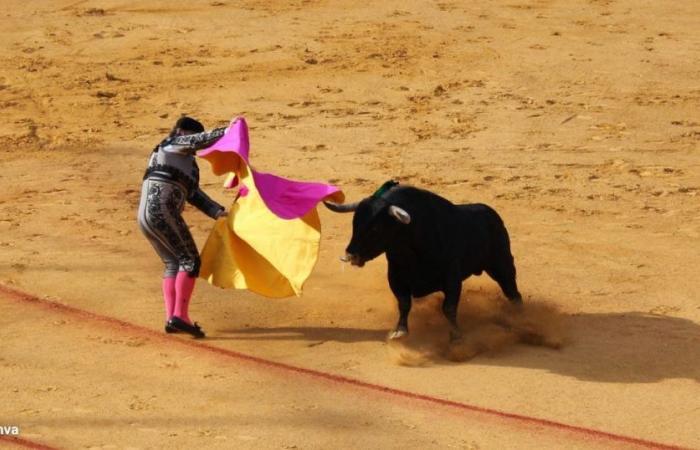The ruling also prohibits other types of “cruel entertainment with animals”, such as rejoneo (bullfighting on horseback), bullfighting and bullfighting, with 93 votes in favor and 2 against. This is a victory for the country’s animal rights activists, but it is not the only one. In environmental matters, Colombia has advanced slowly but surely, and for years the country has celebrated several victories that are worth remembering today.
Originally published in: More Colombia
This is a global trend. Interest in preserving natural resources and seeking to protect the animals that inhabit the planet is increasing, although the trend is not free of controversy among those who exalt traditional cultural or economic practices.
No more bullfights in Colombia
After years of public debate, the Colombian government finally announced a ban on bullfighting. With the ruling, the government has a period of three years to offer economic alternatives to bullfighting workers, according to the new law. So the rule will come into force from 2027.
The news has been widely celebrated, since bullfighting is currently allowed in only 7 countries around the world, most of them in Latin America: Ecuador, Mexico, Peru, Portugal, Venezuela, Spain and France.
Although bullfights are a tradition with centuries of history in Colombia, the truth is that the popularity of this practice has decreased considerably and for years efforts have been made to prohibit it.
A few years ago, in 2012, Gustavo Petro, who assumed the mayor’s office at that time, prohibited the use of state venues (and resources) for bullfighting in the city. However, in cities such as Manizales and Cali there is still a considerable bullfighting community and annual events are held.
The truth is that the decision to ban bullfighting in Colombia reiterates the country’s effort to promote more sustainable practices that prioritize the protection of animals and natural resources. This is a global trend, since more and more countries are joining the animal rights movement.
No more animal trading in market places – 2021
Colombian market squares are the object of all kinds of memories and anecdotes. These corners of extensive daily confluence were not only home to fresh food that supplied thousands of homes, but also housed live animals for sale.
This was the case until 2021, when agreement 801 was established, introducing various measures to regulate the trade in live animals, achieving a definitive ban on the trade of animals in the country’s market places.
The fight against animal testing: the cost of beauty – 2020
Law 2047 of 2020, which will come into force this year, prohibits animal testing in the production, import, manufacturing and marketing of cosmetic products. This law establishes general conditions to prevent cosmetics and their ingredients from being subjected to animal testing.
The law includes exceptions for cases in which the ingredients of the product may be harmful to health. In this context, testing is allowed if there is no evidence that can be used as an alternative.
The law will come into force four years after its enactment, that is, on August 10, 2024. You can check the lists of cosmetic brands that sell cruelty-free products here.
Animals are legally “sentient subjects” – 2017
In 2017, the Supreme Court of Justice of Colombia issued an unprecedented decision and declared that animals are sentient beings and subjects of rights. This ruling focused on wildlife, which was recognized as “non-human sentient rights subjects.”
What this means is that these animals have rights due to their importance to biodiversity and natural balance, and must be protected from suffering, mistreatment and unjustified cruelty. With this court decision, animal abuse and cruelty can be punished.
Guilt-Free Entertainment – 2013
The circus: a bright and colorful tent with loud sounds and all kinds of entertaining acts inside. This is a familiar scenario for many, loaded with bittersweet childhood memories. Clowns, jugglers, magicians and, in many unfortunate cases, cages with exotic animals inside.
Since 2013, Colombia has prohibited the use of wild or exotic animals in circus shows. Elephants, lions, bears, tigers and other animals can no longer be considered part of an entertainment act since the ruling.
These are just some of the victories of the Colombian animal movement. Each one is the result of years of debate around practices that, although common, are far from being sustainable.
You may also be interested in: The Caldas Liquor Industry continues to receive good news, now with international awards






